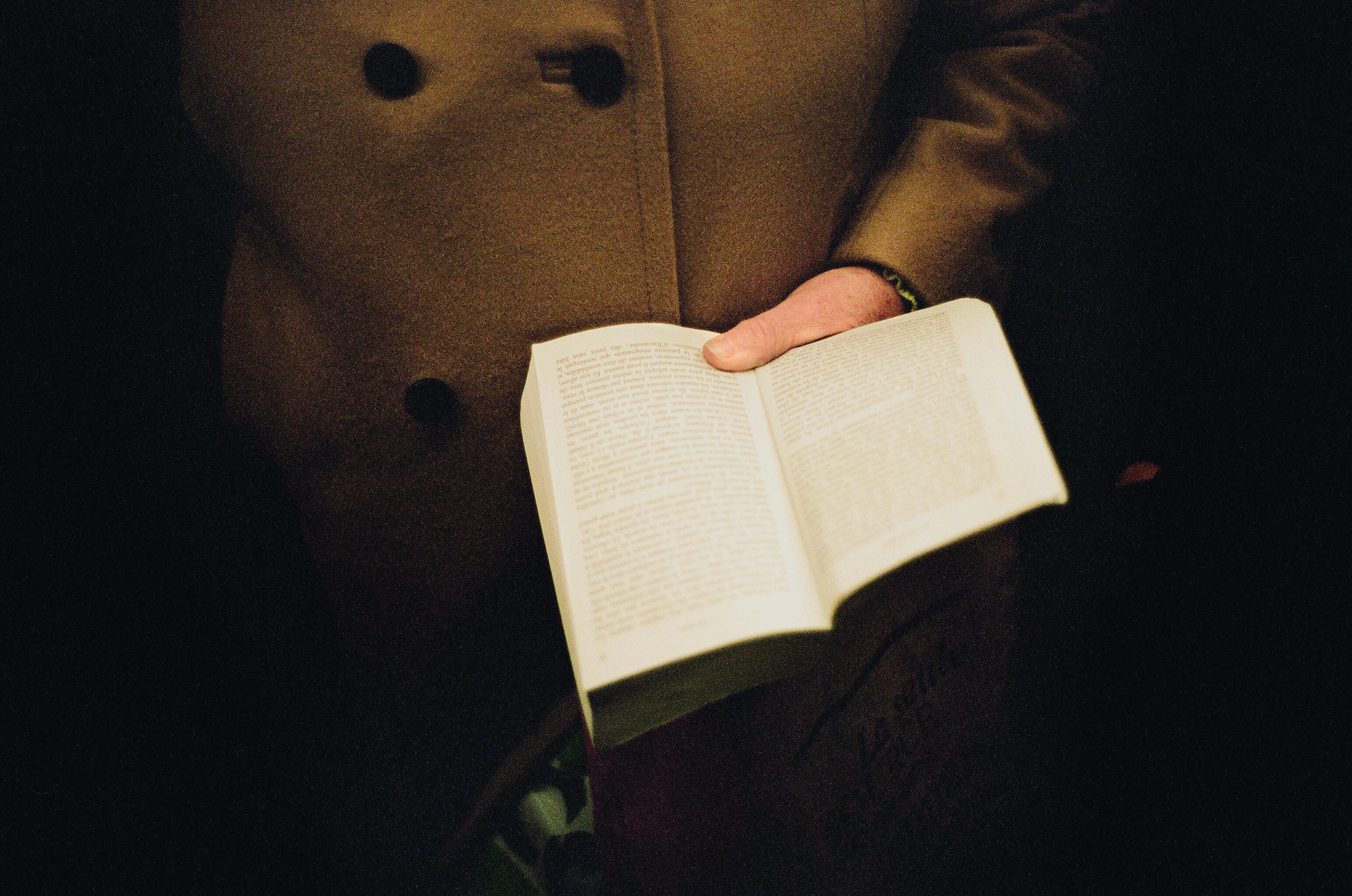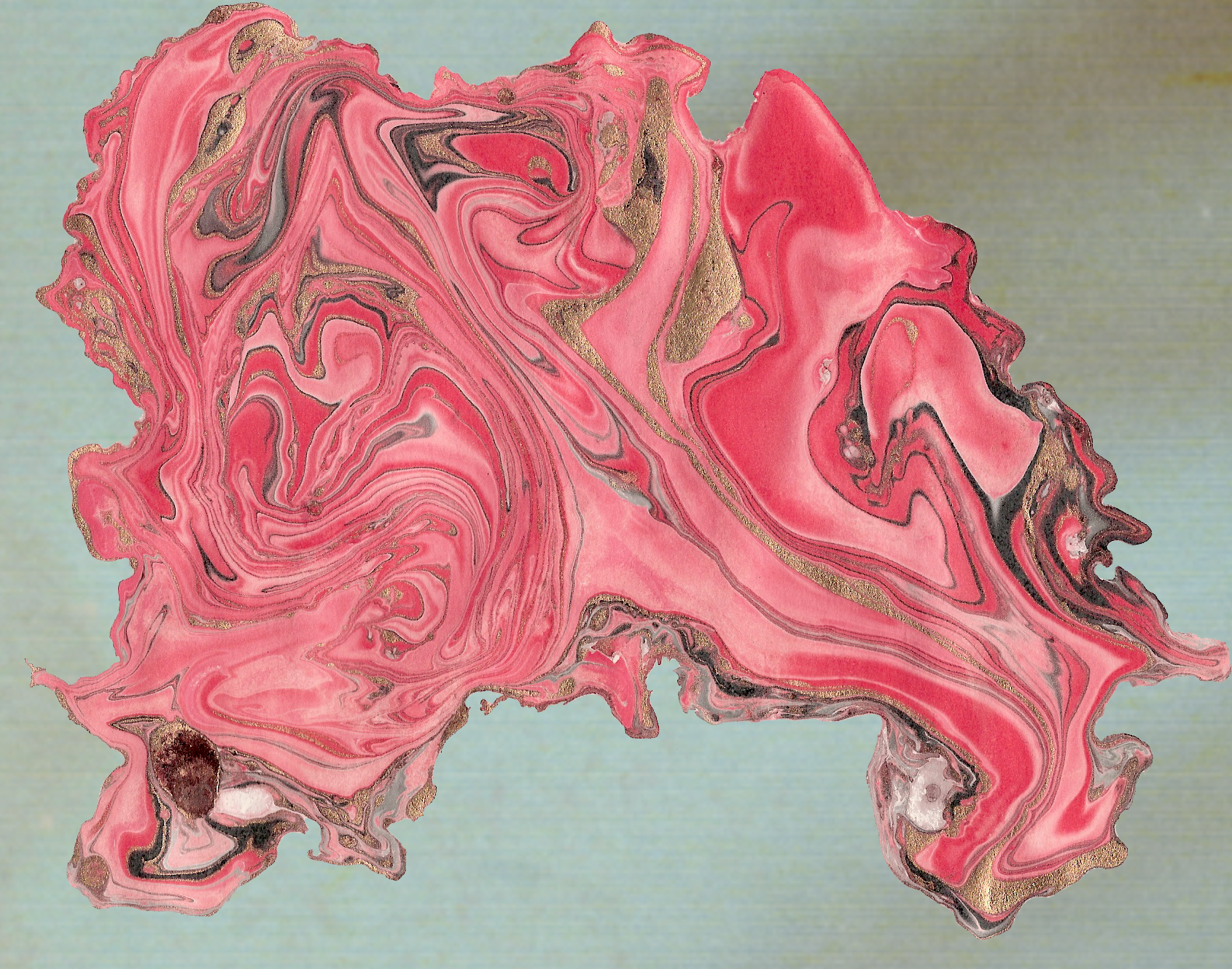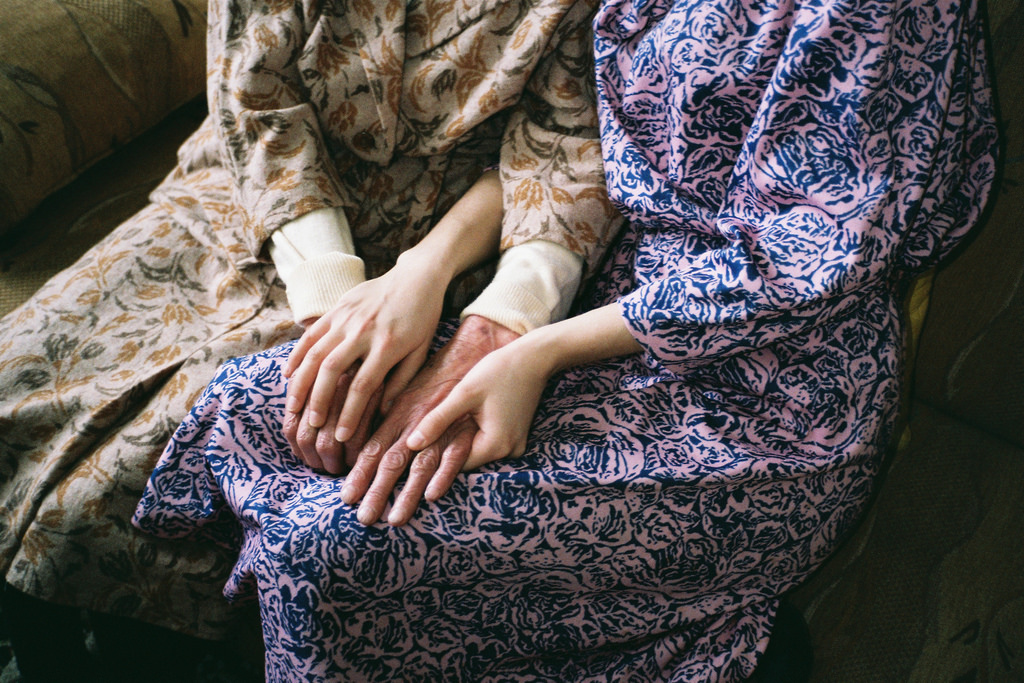
The ISIS Short Essay Competition: “O tell me the truth about love” (W.H. Auden).
At the end of the BBC miniseries Pride and Prejudice, Lizzie and Darcy finally kiss. They’re in a carriage so the approach is somewhat unstable, but the music swells and their lips finally meet and the series ends on a still of their faces that fit together like puzzle pieces. The perfect end to a bumpy (but not too bumpy) ride.
The love story is a strange kind of narrative. Human beings fetishise endings – endings give meaning to what has gone before, and, more than that, they provide us with a way of moving on. So Aristotle’s theory of Catharsis (the outlet and purgation of emotions stimulated by the power of spectacle) depends heavily on endings. By this theory, everything within a narrative is present because of the ending. Everything happens because at some point, everything must stop happening. And when it stops happening, we feel freer, because we are still alive, in spite of the inevitability of ‘closure’.
But love is not an ending. Love is not closure. Lizzie and Darcy’s kiss always bothered me because it looked so unnatural to freeze the frame there. There’s no way they could have sustained that kiss for a long time. They would have bumped heads. But that’s what the narrative did: it took an untenable position and extrapolated it out into eternity.
I can’t tell you the truth about love, because love is just another one of those things that has to end. Love is another narrative, and as such, it isn’t about truth. It’s about aesthetics. In Frank Kermode’s book A Sense of an Ending he writes:
“Men, like poets, rush ‘into the middest’, in media res, when they are born; they also die in medics rebus, and to make sense of their span they need fictive concords with origins and ends, such as give meaning to lives and to poems.”
We tell ourselves stories in order to make sense of the chaos we see around us. If independent concepts exist, we cannot see them. We can only see ourselves, and the way that they relate to us. The (happy) love story is a tale of fidelity. It excludes most mental transgressions, it excludes tiny everyday annoyances – these do not fit into the story, so we do not tell them. Mitchell and Webb once did a sketch about a film director who bewailed the loss of realism in modern cinema: “You can watch the whole of Ghostbusters and no-one brushes their teeth.” There are some things that narrative can leave out as irrelevant. Is it ‘untruthful’? No. It is simply a story, and a story cannot reflect everything. A story is only an interpretation.
What has been established so far is that people desire the end of narrative, and that people apply narrative to themselves and to their own lives. Does it not follow, then, that in creating personal narratives, people actually desire their own deaths – and that lovers desire the end of their relationships?
This seems an insupportable conclusion. Nobody wants love to end. Nobody who really loves. On the contrary: often we feel as though even the most painful experience of love is better than no love at all. Heartbreak is perhaps the most intolerable of all human experiences. To desire it, to be drawn to it, fascinated by it?
Kermode argues that, “when we survive, we make little images of moments which have seemed like ends; we thrive on epochs”. The process of surviving mini-deaths helps us believe in our own immortality, shows us that we can survive, that we have always survived. The same is true of love: we ‘kill’ it a thousand times so that it can live, so that it never has to die. The course of true love never did run smooth because if it did, the story would be no good to us. So we attack our relationships, we want them to change, dramatically, violently, so that they can survive in a new form, changed but intact.
In our stories, love is composed of moments. Lizzie and Darcy’s kiss is that ultimate moment, the climax of love. On the other end of the spectrum, Othello exclaims that, “if it were now to die, ‘twere now to be most happy”. And he ends in killing his love, and himself, and he dies “upon a kiss”, and he and Desdemona lie onstage entangled in a violently erotic tableau. If only he had killed himself right at the beginning, his should have been a comedy that died in marriage, like Pride and Prejudice. Instead he attempts to recapture connubial bliss. His death imitates his life, because he desires to reclaim the interpretation of his story through its ending. He wants to make his life back into a love story, and he dies in the service of that narrative, attempting to reclaim a moment and a wife that he himself destroyed.
In our desire for immortality we stray into the afterlife, and before we realize it, we find ourselves in hell. Othello survives past the living moment of love, and becomes a ghost in the plot of his own romance. And he haunts it in his bitterness, and it becomes a horror story. It becomes about pain, and then we really do long for death, we really do long for ending. So, my truth about love: love is a series of deaths, and one of them will be real. We can never tell which it is, but one day we will push too hard and love won’t be worth living anymore.
This is just a story about love, just an interpretation obsessed with endings. Obsessed with endings but unsure how to end, because not everything’s been said. That’s the problem. When there’s still always everything to express, why would we choose not to express it? Perhaps I should have ended 50 words ago, but instead I am rushing on to the limits, and the arbitrary end.
Winner of The ISIS Short Essay Competition, Hilary 2015
“This entry had much elegance, sophistication, and thoughtfulness. Focussing so strongly on endings, I liked the hesitation about how and when to end it. It was clear this could go on” – Lynne Segal
“Smart, well-argued, quite academic look at love. It escapes the boundaries of the academic however and honestly engages love itself.” – Stephen Fry
“The precariousness of passion is well caught, as is the movement of the bumpy carriage.” – Margaret Drabble.
Image by Rhiain Bower







